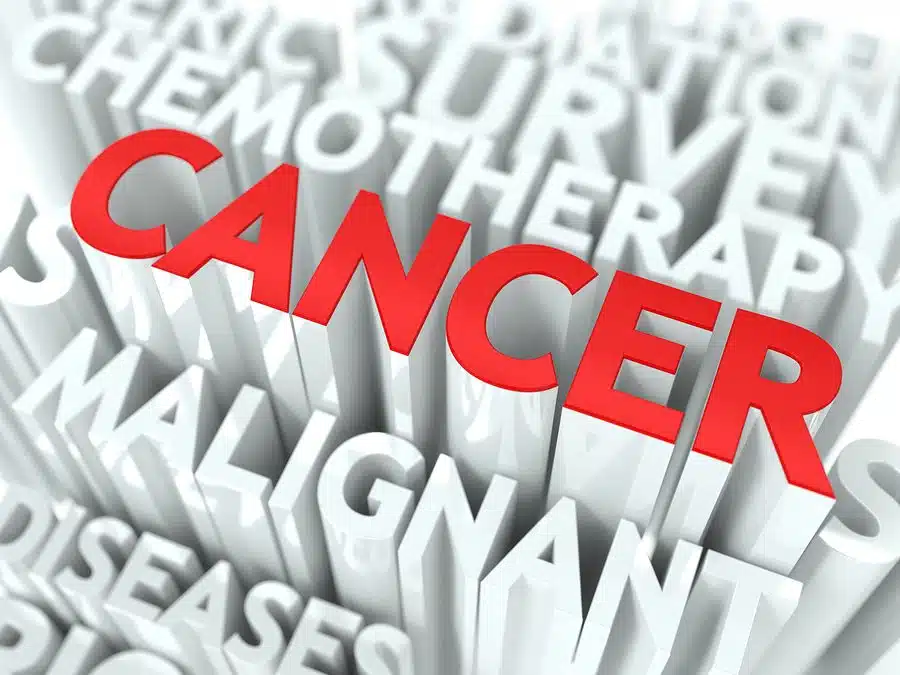Almost 250,000 people are diagnosed with lung cancer in the United States each year. Lung cancer occurs when mutated cells grow in the lung nodules, forming a tumor which then becomes cancerous. While the exact cause is not always known, there may be risk factors from your parent’s life that will increase the likelihood of him developing lung cancer.

- Age: About 2/3 of the those diagnosed with lung cancer are over the age of 65, with the median age hovering right around 70-71.
- Genetics: If your parent has a family history of lung cancer, whether it’s small cell lung cancer or non–small cell lung cancer, when combined with other risk factors, it could increase your parent’s chance of developing lung cancer. Have your parent talk about his parents and grandparent and what their causes of death were to know if this is something that should be on his radar (and possibly yours).
- Smoking: Smoking tobacco (whether it’s cigarettes, cigars or pipes) is the leading cause for someone to develop lung cancer. It is linked to more than 80% of all lung cancer diagnoses, and is especially dangerous for those who started smoking when they were young or are heavy smokers. Quitting smoking at any time in your parent’s life can help reduce the risk of developing lung cancer so if he is still smoking today, it’ll still be beneficial to have him quit tomorrow. It will not eliminate all of the risk, but it will reduce it. Ask your elder care provider to provide positive reinforcements to encourage your parent to stop smoking.
- Secondhand smoke: If your parent has been exposed to second-hand smoke by living with a smoker or working for years in an environment that allowed smoking (such as bars and casinos), his risk of developing lung cancer is increased.
- Asbestos exposure: Long-term exposure to asbestos is linked to an increased risk of lung cancer. People who breathed in asbestos fibers regularly due to their jobs (such as miners and mill workers) are at a greater risk of developing lung cancer.
- Radon gas exposure: Radon is a naturally occurring, odorless gas that can be found in some houses or buildings. The U.S. Environmental Protection Agency claims exposure to radon gas to be the largest cause of lung cancer in non-smokers. If your parent’s home has not been tested for radon, there are kits and companies that can test his home. Nearly one out of every 15 homes have elevated levels of radon so it’s important to get it tested.
- Industrial or workplace exposures: If your parent worked in an industry where he inhaled chemicals or minerals, such as asbestos, arsenic, chromium, nickel, soot, or tar regularly, he may, over time, increase his chance of getting lung cancer. Diesel exhaust and air pollution are also harmful.
- Having other lung diseases or cancers: Both of these past medical histories can cause your parent to be likely to develop lung cancer.
If your parent has one or more of these risk factors, it doesn’t mean he’ll develop lung cancer but it’s important to share that with his doctor. It’s also important for the caregivers in his life to be aware of them as well (such as you, other family members and his elder care provider) so that if he starts to show any symptoms of lung cancer, you will know to act about those symptoms as soon as possible.
If you or an aging loved-one is considering Elder Care in Westchester, NY please contact the caring staff at Prime Care, Inc. today. (212) 944-0244
Source: https://www.epa.gov/radon
https://www.cancercenter.com/cancer-types/lung-cancer/risk-factors
